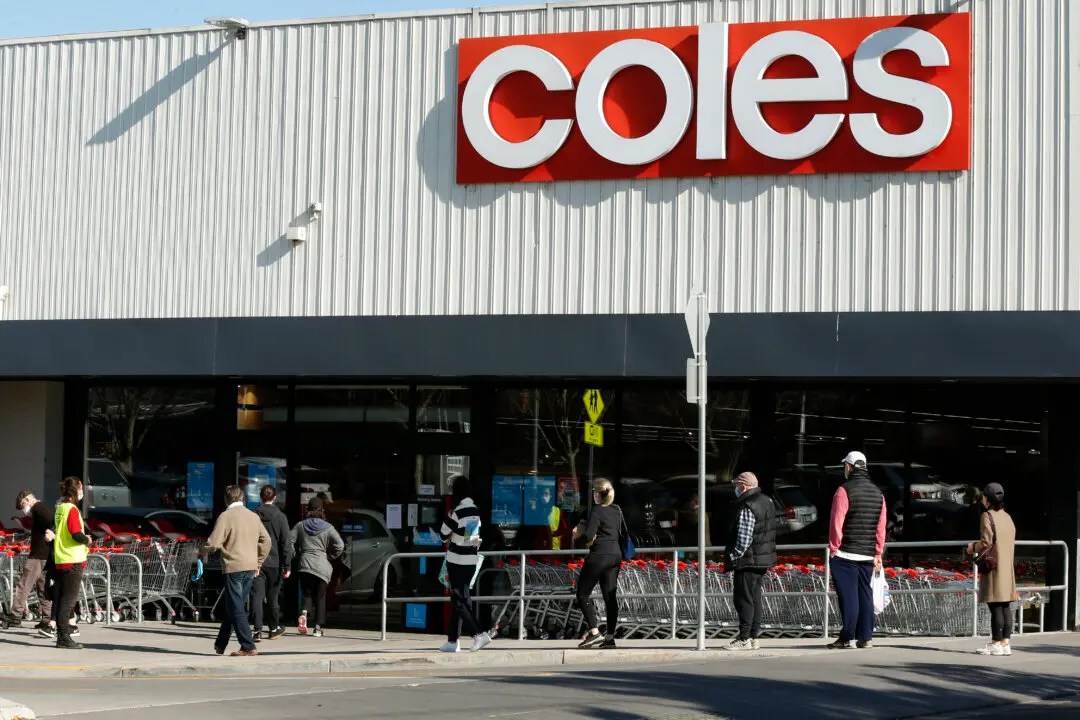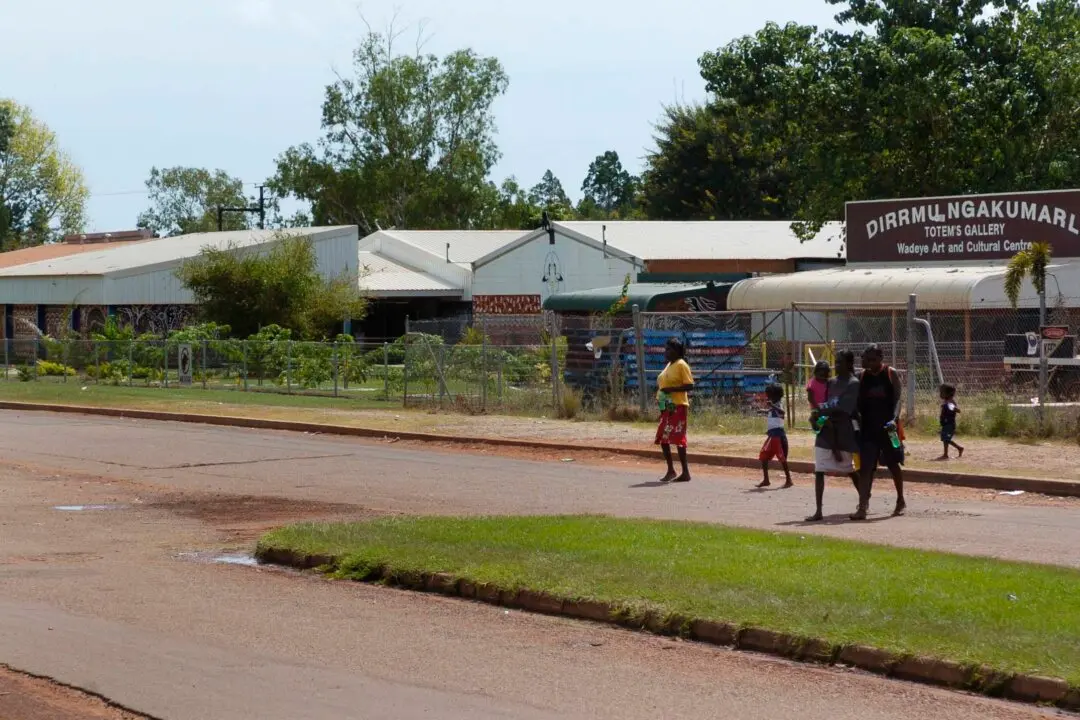A push to fully fund public schools across Australia within five years will be launched as a report lays bare the impacts of funding gaps on students and teachers.
The Australian Education Union hopes it’s national For Every Child campaign will help secure the money for public schools by 2028.





